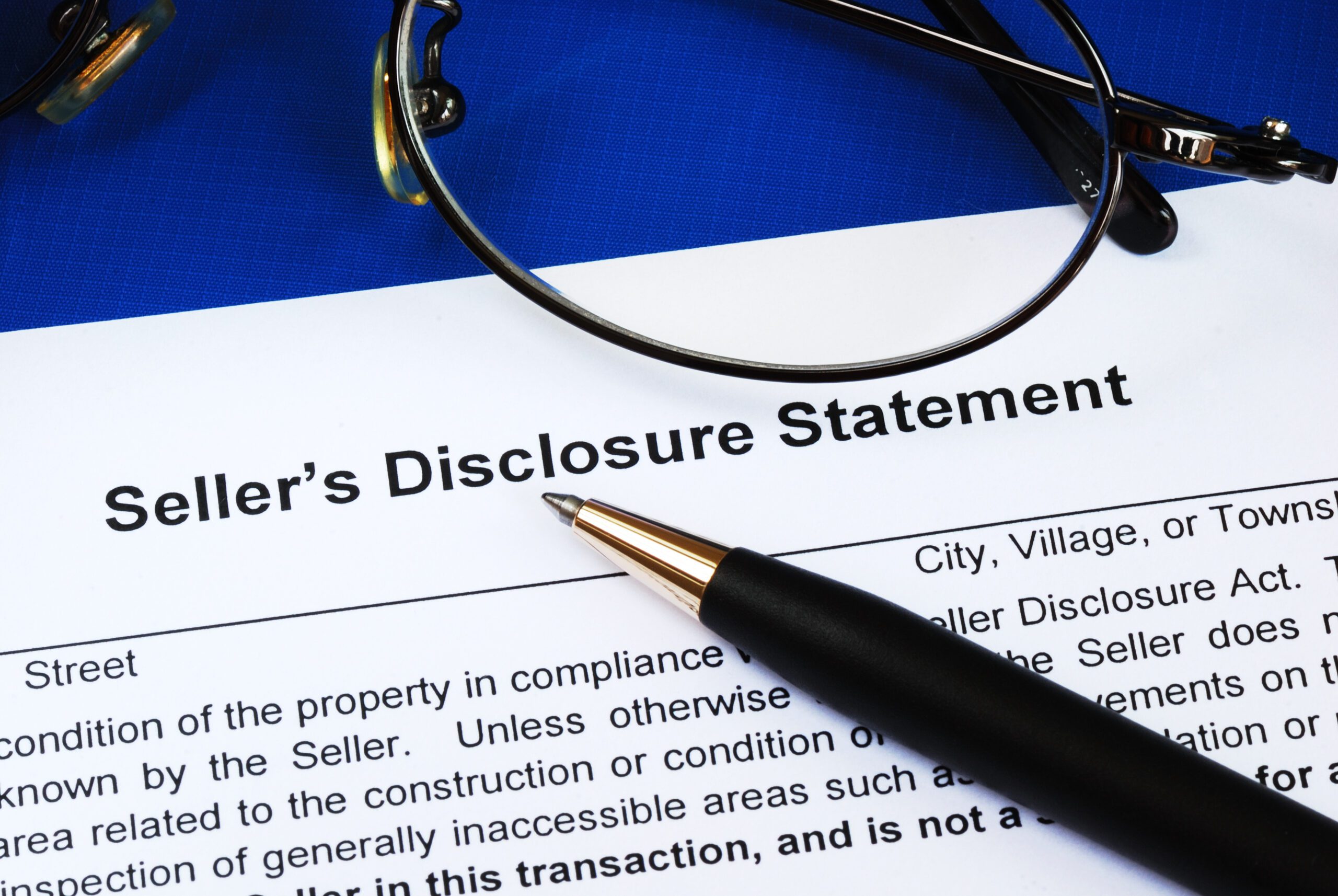Buying a home is a significant milestone in life. Shopping for the perfect space that meets your family’s needs can be intimidating and exhilarating. Those feelings can get even more overwhelming when dealing with all the legal aspects of buying a new home, as the process is legally complex and emotionally taxing. One of the most crucial aspects of this process that potential homeowners need to understand is the real estate disclosures, which a local real estate attorney can help you navigate.
At May Herr & Grosh, our experienced real estate attorneys understand that buying or selling a property can be complicated and often overwhelming. One area that frequently confuses is real estate disclosures. These are critical documents that detail the condition of a property and understanding them fully is vital for any successful real estate transaction. In this blog post, we will delve into the world of real estate disclosures, highlighting key aspects that we, as your local real estate attorneys, want you to know. We aim to help you navigate this process with confidence and peace of mind, so you have the knowledge necessary to speak with your lawyer and make informed decisions.
What Are Real Estate Disclosures?
Real estate disclosures are legal requirements in property transactions that require sellers to disclose certain information about the property. These can range from structural issues and past repairs to neighborhood nuisances. The specifics of what needs to be disclosed can vary by state, but the goal is to provide the buyer with as much information as possible to make an informed decision.
What Is a Seller Required to Disclose to a Buyer?
When selling a property, there are certain disclosures that the seller is legally required to make to the buyer. These can vary by state and local laws, but generally, they include the following:
- Defects: The seller must disclose any known defects or problems with the property. These defects could include issues with the structure of the property, such as the roof or foundation, as well as problems with the plumbing, electrical system, or HVAC system.
- Environmental Hazards: Sellers are typically required to disclose any known environmental hazards on the property. Hazards might include the presence of asbestos, lead-based paint (for homes built before 1978), radon, or mold. In some areas, sellers may also need to disclose if the property is in a flood zone or has a history of flooding.
- Legal Issues: If there are any legal issues associated with the property, such as liens or easements, these must be disclosed to the buyer.
- Homeowners Association (HOA) Information: If the property is part of a homeowner’s association, the seller must provide the buyer with the HOA rules and regulations and any fees associated with the HOA.
- Past Repairs and Improvements: Sellers should disclose any major repairs or improvements that have been made to the property. This information includes details about who did the work and when it was completed.
- Pest Infestations: If the property has had issues with pests, such as termites or rodents, this should be disclosed to the buyer.
- Death in the Property: In some states, sellers are required to disclose if a death occurred in the property, particularly if it was a violent death or one related to the property’s condition.
In Pennsylvania, the Residential Real Estate Transfers Law also requires sellers to disclose any known material defects with the property that are not readily observable. The law obliges sellers to provide a signed and dated copy of a disclosure statement detailing these defects to potential buyers. Notably, the executor or administrator of an estate is exempted from filling out a seller disclosure form. However, it is crucial to remember that misrepresentation or failure to disclose known defects could lead to legal repercussions.
Let us help you!
Sellers need to be honest and thorough in their disclosures. Failing to disclose known issues can lead to legal problems down the line. A real estate attorney can help you clarify what disclosures are required in a particular area.
Why Do You Need a Local Real Estate Attorney?
A local real estate attorney specializing in property law can guide you through buying a house. They have a deep understanding of real estate disclosures and how they work in your particular locale. Their role is to ensure that all legal documents, including disclosure forms, are correctly filled out and that the seller has adequately disclosed all necessary information.
- Understanding the Law: Real estate law can be complicated and varies from place to place. A local real estate attorney familiar with your area’s laws can help you navigate them.
- Protecting Your Interests: Real estate disclosures are designed to protect the buyer. An experienced local real estate attorney can ensure all disclosures are complete and accurate, protecting your interests.
- Avoiding Future Problems: Incomplete or inaccurate disclosures can lead to future legal problems. By working with a property lawyer, you can avoid these potential pitfalls.
Do You Need a Local Real Estate Lawyer’s Help With Disclosures?
When buying a home, it is important to understand all aspects of the process, including real estate disclosures. A local real estate attorney can provide valuable guidance and protection to ensure a smooth property transaction. Remember, knowledge is power, and having a professional by your side can make a difference in one of the most important decisions of your life.



